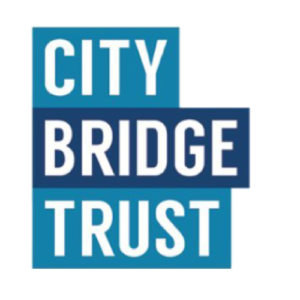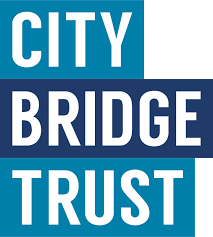Hello and welcome to another blog post! Whether you have been working, raising children, resting (or maybe all 3!) We hope that you have been keeping well and taking care of yourself. In this post we are going to be discussing developing a healthy work-life balance!
Work is a huge part of many people’s lives and so it is important to try your best to get a healthy work-life balance. Will be sharing our top tips below, however, if you are feeling symptoms of stress and anxiety that you feel may be related to your work, please feel free to get in contact with one of our therapists here.
What does having a work-life balance mean?
You may have come across the term work-life balance. Simply put, this is how you manage your working role with either your employer or freelancer in comparison to your personal life. At times, we can be giving most of our attention to our work and this may lead to us feeling overwhelmed, stressed, burnt out or exhausted. Having a healthy work-life balance helps to prevent these feelings from settling in as you are intentionally making the effort to divide your time and energy between making a living and the other aspects of your personal life.
Setting Boundaries
Setting boundaries with your work is just as important as any other aspect of your life. Google defines a boundary as – a line which marks the limits of an area, a dividing line. This is the question you must start to ask yourself… what are my limits? Where will I draw the line? What has led me to cross over certain work boundaries in the past? How can I prevent this from happening again?
Here are some work boundaries ideas:
- I will not work passed 6PM
- I will not bring work home with me
- I will work on the kitchen table (if you are working from home for example)
- I will not send emails passed 7PM
- I will not look at my work emails first thing in the morning
- I will take annual leave every 3 months (or whatever works for you)
These are just a few ideas for thought, make your boundaries personal to you.
Once you have set your work-life boundaries, be clear to communicate these to your colleagues. If you have been a person who has not been as strict with your boundaries, this may come as a surprise to some people but remember if you do not adhere to your own boundaries, then you cannot expect others to. This is something that is going to benefit your mental health and will help you to produce better work as you will be more likely to show up for work as your best self.
Define Realistic Goals
Whilst thinking about your work-life balance and setting your boundaries try to be as real as possible. Think about what you commit to? Do you have family commitments? Do you have a health condition you must prioritise? Do you have a demanding job? When you have gauged the answers to these questions it will help you to be as realistic as possible. If for example you have certain career goals, but you know your personal life may take priority, then you may need to define these goals within the context of priority. Or you may have to think how you will work around this to still achieve your given outcome, without overloading yourself. However, bear in mind this may take up more of your time and energy and this could then potentially affect your mental health.
Another way to be realistic with your goals is to set realistic deadlines. Whether you manage yourself or have a line manager, it is important that you are given deadlines that you can meet and if you feel like you cannot meet a deadline that you get more time. Sometimes you may have to ask for a deadline extension, if this is the case try to ask as soon as you can and again, communicate as clearly as possible with the rest of your team or clients.
When you are setting work goals, also set some time-off work goals. For example, how will you use your holiday entitlement? What are some things you can do every day to contribute to better self-care? Once you have set some goals, write them down and perhaps share them with a friend or colleague to hold you accountable, especially if you are someone who tends to overwork!
Think Strategy
Having a clearly defined strategy will help you get one step closer to a better work-life balance. We have already discussed boundaries and defining realistic goals but putting this all into an action plan will help you to stick to what you have set out to do. Another way you can continue to ‘think strategy is to write down what do you want to focus on outside of work?
Some of these things may be:
- Relationships with family and friends
- Passionate projects
- Hobbies
- Volunteering
- Health and fitness
- Personal development
Once you know what you want to focus on outside of work this may help give you the extra motivation to really stick to the plan that you have come up with!
What shall I do if I am not copying well?
Whilst we can make the effort and do all the right things to have a better work-life balance, sometimes we may find we are not copying well and that is okay. You are not alone. Many people suffer from work related stress or stress in their personal life that effects their ability to work. If you feel that you may be experiencing these symptoms the best thing you can do is reach out for help. You can get in touch with one of our Bennu therapists here. You can also speak to your GP. You may also want to think about having a conversation with your employer too.
It is important to be always kind to yourself. Act now and do not let the heavy load keep piling up on top of you.
We hope this post has been useful. We would love to hear about how you personally manage your work-life balance? Let us know in the comments below or over on our social media channels!
As always, we will have useful links below and links to other blog articles.
Take great care of yourself,
Bennu 😊
Useful Links For Mental Health
https://www.nhs.uk/using-the-nhs/nhs-services/mental-health-services/
Emergency Mental Health Help
You call UK emergency services by dialling 999




